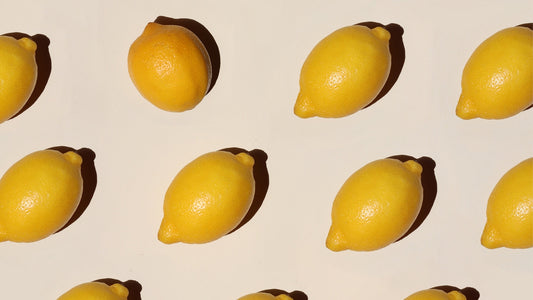Coffee, the favorite beverage of millions, has been at the center of countless debates: Arabica or Robusta? Brewed or espresso? Dark or light roast? But perhaps one of the lesser-explored discussions revolves around the realm of decaffeinated coffee. How is caffeine removed from coffee beans, and does the method matter? In this article, we’ll shine a spotlight on the Swiss Water Process and why it is superior to other decaffeination methods.
Understanding Decaffeination: The Basics
Decaffeination is the process of removing caffeine from coffee beans (or tea leaves). However, caffeine isn't the only compound in a coffee bean. The challenge lies in extracting caffeine without tampering with the other elements responsible for the flavor, aroma, and overall experience of the coffee.
Methods of Decaffeination
There are primarily four decaffeination methods:
- Direct Solvent-Based Process: This method involves directly soaking green coffee beans in a solvent, typically ethyl acetate or methylene chloride, to remove caffeine. Ethyl acetate is used in paints and varnishes and methylene chloride is the active ingredient in paint stripper. The solvent is then drained, and the beans are steamed. This is a quick and cheap method but has raised health concerns due to the chemical nature of the solvents.
- Indirect Solvent-Based Process: Similar to the direct method, this involves soaking the beans, but in this case, they're soaked in hot water first. The water, now containing the caffeine, is separated and then treated with solvents such as ethyl acetate or methylene chloride to remove the caffeine. The water is then reintroduced to the beans to reabsorb some of the flavors lost during the initial soaking. Since the beans are not directly exposed to the solvents (only the caffeine-infused water is), some believe there's a reduced risk of solvent residues remaining in the beans.
- Carbon Dioxide (CO2) Process: Here, coffee beans are placed in a stainless-steel container and then subjected to liquid CO2 under high pressure. The CO2 acts as a solvent and attracts the caffeine molecules, leaving the flavor compounds largely intact. Once the pressure is released, CO2 reverts to its gaseous state, leaving behind the decaffeinated coffee beans.
- Swiss Water Process: This unique method involves no chemicals. Green coffee beans are soaked in hot water, which extracts both the caffeine and flavor elements. This mixture is then passed through a charcoal filter specifically designed to capture larger caffeine molecules while allowing the smaller flavor compounds to pass through. The beans are discarded, but the flavor-rich water (known as "Green Coffee Extract") is reused to decaffeinate a fresh batch of beans. This means the new batch retains its flavor, as the water is already saturated with flavor compounds and doesn't extract them.
Why Opt for Swiss Water Process?
Considering the methods listed above, why is the Swiss Water Process gaining popularity among coffee aficionados? Here are compelling reasons:
- 100% Chemical-Free: Unlike solvent-based methods, the Swiss Water Process is entirely chemical-free. For those concerned about potential solvent residues, this method offers peace of mind.
- Flavor Integrity: Since the water used in the Swiss Water Process is already rich in flavor compounds from previous batches, the flavor of the coffee beans is preserved better compared to other methods.
- Environmentally Friendly: The Swiss Water Process is eco-friendly. The water used can be recycled, and there are no chemicals to dispose of.
- 99.9% Caffeine-Free: The process removes almost all the caffeine, ensuring that you get a cup that’s as caffeine-free as possible.
- Transparency: Companies that use the Swiss Water Process are often more transparent about their decaffeination process. The Swiss Water logo is also a mark of assurance for many consumers that they're getting high-quality, chemical-free decaf coffee.
Decaffeinated coffee is no longer just a choice for those avoiding caffeine; it’s a smart choice for those who love the taste of coffee without the jitters. Among the decaffeination methods, the Swiss Water Process stands tall, not just for its efficacy, but for its commitment to flavor, health, and the environment.
When you're reaching for that next bag of decaf coffee beans or ordering a decaffeinated brew, consider asking about the decaffeination method. It's important to ensure you're making a choice that aligns with your health and ethical preferences. In the world of decaf, Swiss Water Process is truly a gold standard.




